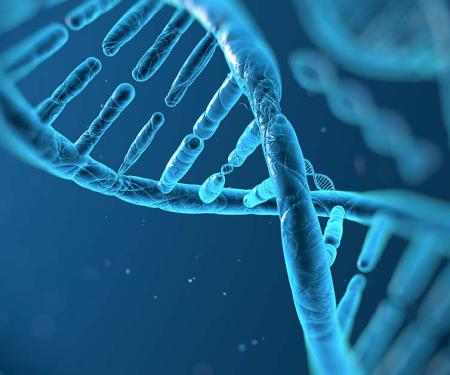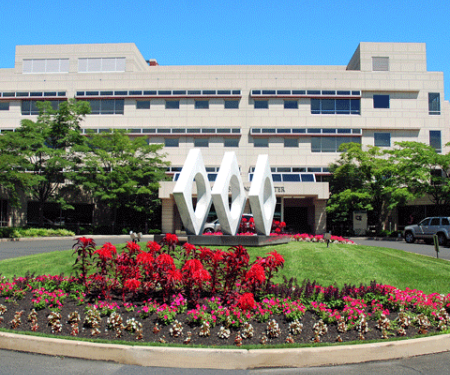Related Articles
00 / 00
-

-

A digital rendition of a double helix, artistically representing DNA in shades of blue.
-

Researchers are currently studying how prostate cancer may be prevented. Certain medications such as finasteride and dutasteride used to treat an enlarged prostate may help prevent prostate cancer. The risks and benefits of these medicines should be discussed with your risk assessment team.
In June 2003, the Prostate Cancer Prevention Trial was stopped early because of a finding that Proscar (finasteride) reduced the risk of prostate cancer. However, those participants who did develop prostate cancer while taking Proscar experienced a slightly higher rate of aggressive tumors. Researchers reviewing the data have shown that because men taking Proscar have a reduced prostate size, this contributes to finding more aggressive tumors on tested tissues. Additionally, researchers also found that aggressive cancer was detected earlier and in a lower stage in the Proscar group than in the placebo group.
The clues for an inherited risk of prostate cancer are:


A digital rendition of a double helix, artistically representing DNA in shades of blue.
